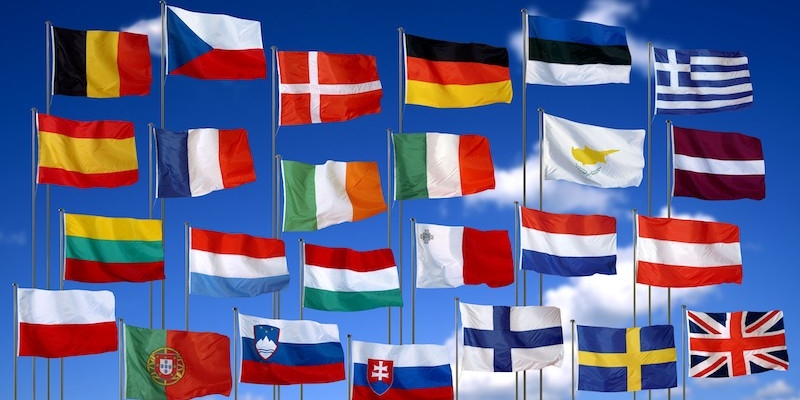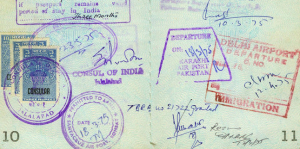As the 2014 elections come closer, the debate about the UK’s status as an EU member will certainly come to the fore. Along with immigration, the UK-EU debate is likely to become a central issue once again. Last May, Tory MPs rallied behind former defence secretary Michael Portillo in calling for the withdrawal of the UK from the European Union. This year, the possibility will certainly be discussed.
The Case For Exiting the EU
A report from the Bruges Group indicates that 90 percent of the UK economy is not involved in trade with the UK. This makes the annual fee paid by the UK to the EU a bitter pill. In 2012, the UK paid 11 billion euros to the EU and received about 6.5 billion euros in return.
However, UKIP MEP Gerard Batten claims the cost of membership far exceeds these figures. By his calculations when the “hidden tariff” paid by UK taxpayers for goods exported to the EU is considered, the true cost of membership is £65.7 billion.
On the dicey subject of immigration, Britain would control its own borders. Through the EU, citizens of EU nations have the right to work and live in any country in the Union. This has meant that there has been an influx of immigrants who are competing with British nationals for jobs in the UK on equal footing. More than 2.3 million members of other EU nations were residing in the UK in 2011.
Separating from the EU could provide some relief from the VAT, upon which the EU has imposed certain limits. However, there is concern that tax avoidance by immigrants would become a major problem for the UK economy.
Supporters for separation say that more aggressive trade treaties could be forged with emerging economies like China and Russia and others. The value to the UK could be greater than its trade agreement with EU partners and cost far less.
The Case Against Exiting the EU
Prime Minister David Cameron believes that the UK has an important role in the free market. In a 2012 speech, Cameron stated that the UK was the “biggest supporter of open markets and free trade” and that if the UK did not have a say in EU policies, the UK would suffer unacceptable outcomes. In other words, the price the UK pays to the EU is paid to ensure the country’s voice is heard in economic and social issues at home and on the Continent. Supporters of remaining in the EU believe the EU is the UK’s main trading partner. More than £400 billion in goods and services were traded within the EU in 2012, about 52 percent of the UK’s total trade.
As for the issue of international affairs, Cameron believes that a departure from the EU would weaken the country’s posture in international diplomacy. The UK would stand alone. As it is now, the country serves as a link between the US and Europe and has a position of strength in global matters. Perhaps the area where the UK would suffer most would be exclusion from EU’s Lifelong Learning Programme. The programme was funded with 7 billion euros in 2007 and finances a host of initiatives including exchange programmes and teacher networking opportunities.
To Exit or not to Exit
There are no easy choices here. While many UK taxpayers prefer modifications to the existing model, France and Germany will most likely oppose such a motion.
Taxpayers see the Swiss and Norwegian models as more successful than the UK model but modifying the UK’s agreement will take time and diplomacy. The UK could resolve some of its critical issues with immigration reform and the EU might be pressured to accept new guidelines if the presentation were effective. That seems the place to start.
Hiland Doolittle







